Case study
A proven approach:
How Nigel Harris helped Mater Foundation achieve lasting impact
When Nigel Harris first started at Mater Foundation, he was one member of a small team. The Foundation was running a variety of fundraising programs to support the work of the Mater hospitals.
These programs had evolved independent of each other, with diverse program leadership and maturity.
There was no structured and integrated fundraising approach and only a small donor base.
Fundraising results had varied over previous years. Much of the money raised in recent years had come from focussed, one-off campaign activity.
Within a few years, a new research institute was created. It brought an exciting vision to life, but created new fundraising challenges and demanded additional funding.
It looked like growth would fall short of expectations. And competing fundraising initiatives threatened the viability and overall success of the Foundation.
Strategic direction proves to be vital for success
Nigel was determined to map a strategic, sustainable direction for the Foundation. While he saw many not-for-profit organisations focusing on revenue targets, Nigel believed that other critical considerations were essential for success.
These questions sparked a strategic approach, considering both the mission and the business model.
It became evident that a bigger organisation was needed, and a process should be put in place to build this capacity.
Nigel’s leadership saw the Mater Foundation, led by the Board address key questions, including:
- How can we become more useful to the hospital?
- How can we create an impact that’s valued by our stakeholders?
- How can we connect better with our supporters?
- How do we build our capacity for impact?
- What do we need to consider and address to achieve our objectives?
A model for fundraising leadership

Solid results grow over time
Nigel established new structures in Board reporting and Board education sessions. Existing fundraising programs were strengthened and new campaigns were developed.
In a few short years, returns began to match expectations. Over time, the results continued to build, ensuring greater levels of funding were available to support the primary mission of research and clinical programs.
The funding provided by the Foundation was now viewed as strategically significant within the broader hospital framework.
Nigel continued to build on this success, adapting the organisational structure of the Mater Foundation to support continued growth. The goal was to create supporting infrastructure for the now sizable fundraising operation. This was an investment in sustainability and long-term effectiveness and efficiency.
As these changes were recommended and implemented, the Board was able to see how the actions and budget supported a long-term strategy.
Fundraising leadership is more important than ever. The not-for-profit sector continues to shift and change dramatically. Remaining agile as an organisation is essential to achieving fundraising and philanthropic success.
Nigel Harris

